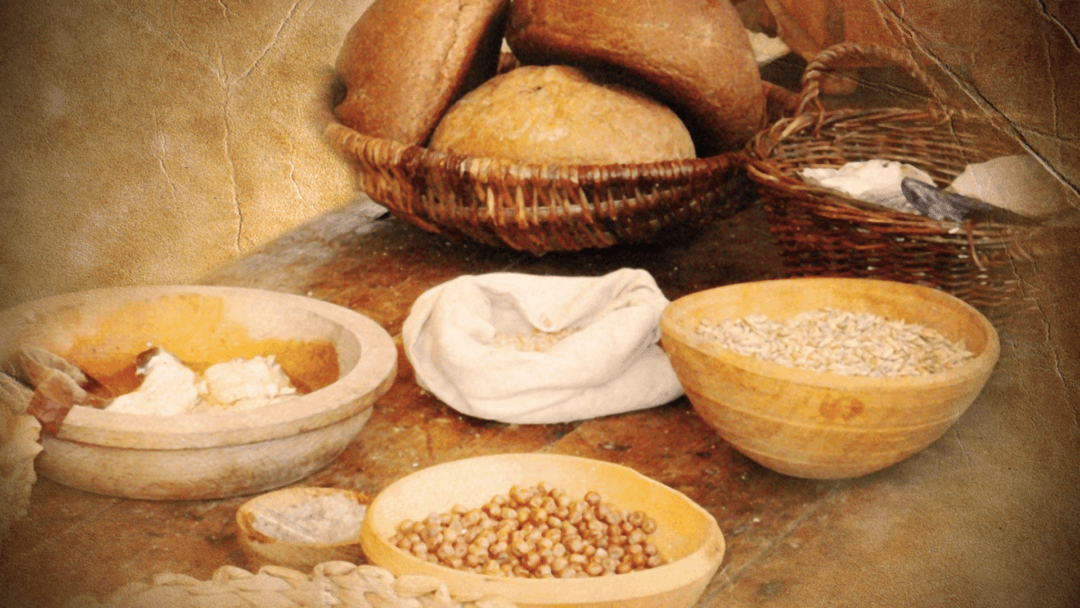
Introduction:
The Abbasid Caliphate, which spanned from 750 to 1258 AD, stands as a remarkable era in Islamic history, marked by significant advancements in various fields, including science, art, and, notably, cuisine. This golden age of Islam, centered in Baghdad, not only witnessed the flourishing of intellectual pursuits but also left an indelible mark on the culinary landscape of the regions it conquered. In this blog, we embark on a gastronomic journey through the Abbasid Caliphate, exploring the types of food, the impact on local cuisines, and the lasting influence on the Muslim community and the wider world.
The Culinary Tapestry of the Abbasid Caliphate:
1. Diverse Influences:
The Abbasid Caliphate was a melting pot of cultures, as it encompassed territories from Spain to Persia. This cultural amalgamation was reflected in its cuisine, where flavors, techniques, and ingredients from the Byzantines, Persians, and other conquered regions melded seamlessly.
2. Staple Foods:
- Rice: A Persian contribution that became a staple in Abbasid cuisine. It was prepared in various ways, such as pilaf and biryani.
- Bread: A dietary cornerstone, with different types like flatbreads and tandoor-baked bread, showcasing regional influences.
3. Spices and Aromatics:
- Saffron: Imported from Persia, it added color and flavor to dishes.
- Cinnamon, Cardamom, and Cloves: Traded along the Silk Road, these spices became integral to Abbasid recipes, creating a rich tapestry of flavors.
4. Influence on Local Cuisines:
- Spain: The Arab presence in Spain brought innovations like rice cultivation, citrus fruits, and a wide array of spices, laying the foundation for Spanish cuisine.
- Maghreb Region: The introduction of couscous and spices impacted the Maghreb's culinary traditions, influencing dishes like tagines.
The Impact on Muslim Communities and Beyond:
1. Culinary Legacy:
The Abbasid Caliphate's culinary legacy lives on in modern Middle Eastern and North African cuisines, with dishes like biryani, falafel, and couscous rooted in this historical era.
2. Trade and Ingredients:
The Abbasids played a pivotal role in the Silk Road trade, facilitating the exchange of goods and culinary traditions. Ingredients like sugar, citrus fruits, and various spices became widespread due to these trade networks.
3. Culinary Techniques:
The refinement of cooking techniques, such as the use of intricate spice blends and tandoor ovens, left an enduring mark on Muslim communities' culinary practices.
4. Dietary Restrictions:
The Abbasid era saw the codification of Islamic dietary laws, influencing food choices and preparation methods. Halal practices became integral to Muslim culinary traditions.
Conclusion:
The Abbasid Caliphate was not only a cradle of intellectual achievements but also a culinary crossroads that shaped the flavors and traditions of the regions it touched. The diverse influences, staple foods, and innovative techniques fostered a rich and enduring culinary legacy. As we savor dishes passed down through generations, we can trace the roots of our meals back to the vibrant and sophisticated cuisine of the Abbasid Caliphate, reminding us that the past continues to flavor the present.
Go backCulinary Chronicles of the Abbasid Caliphate: A Journey Through Time and Taste
Published on December 17, 2023
Share this post
Excerpt
The Abbasid Caliphate, which spanned from 750 to 1258 AD, stands as a remarkable era in Islamic history, marked by significant advancements in various fields, including science, art, and, notably, cuisine. This golden age of Islam, centered in Baghdad, not only witnessed the flourishing of intellectual pursuits but also left an indelible mark on the culinary landscape of the regions it conquered. In this blog, we embark on a gastronomic journey through the Abbasid Caliphate, exploring the types of food, the impact on local cuisines, and the lasting influence on the Muslim community and the wider world.
About the author
At The Islam Shop, we don't just sell products; we craft experiences that resonate with the essence of Islamic excellence. Our mission transcends mere transactions; we aspire to be the unparalleled leaders in the online Islamic marketplace.
Our commitment is unwavering — to offer you not just a selection, but an expansive array of choices that embody the rich tapestry of Islamic culture. We don't just provide value; we redefine it, ensuring that every purchase is not just a transaction but a journey into the world of quality and significance.
We are more than a seller; we are curators of passion, dedicated to sharing our expertise with you. Our team doesn't just offer advice; we provide insights driven by a genuine passion for Islamic products. We believe that each product tells a story, and it is our mission to make sure that story resonates with you.
The Islam Shop isn't merely a platform; it's an invitation to be intrigued, excited, and inspired. We aim to ignite your curiosity and continually motivate you to embrace and celebrate Islamic products. Our commitment goes beyond selling; it's about fostering a connection, sparking an interest, and creating an enduring bond with every customer.
Step into a world where every click is a step towards enriching your life with Islamic elegance. Join us as we passionately lead the way, shaping the future of online Islamic commerce.
Welcome to The Islam Shop — where choice, value, and passion converge to redefine your Islamic shopping experience.
Elevate your expectations; embrace the extraordinary.
The Islam Shop Team








